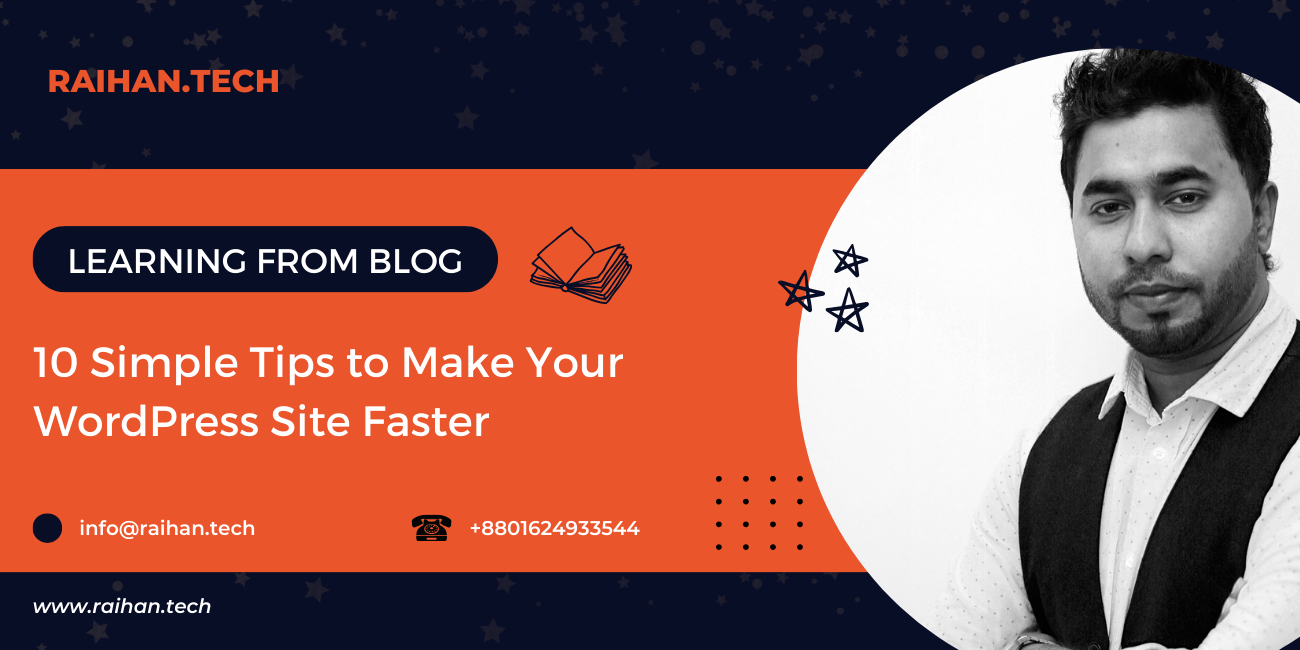
Having a fast website is crucial. It not only improves user experience but also boosts your search engine rankings. Here are some straightforward tips to help you speed up your WordPress site.
First, consider using caching plugins like W3 Total Cache. These plugins store a static version of your site, reducing the load on your server and speeding up your site for visitors. Alongside this, optimizing your images can make a significant difference. Plugins such as Smush compress your images without losing quality, ensuring faster load times.
Another effective strategy is to reduce the number of HTTP requests your site makes. Combining files and using a Content Delivery Network (CDN) can help achieve this. A CDN stores copies of your site on servers around the world, so visitors can access it from a server closest to them, which reduces loading time.
Keeping your database clean and optimized is also essential. Using a plugin like WP-Optimize can help you remove unnecessary data and keep your database running smoothly. Additionally, choosing a lightweight theme, like Astra or GeneratePress, can significantly improve your site’s performance as these themes are designed for speed.
Enabling Gzip compression can also help. This reduces the size of your files, making them quicker to download. It’s a simple tweak that can be done via a plugin or by adding a line of code to your .htaccess file.
Your hosting provider plays a crucial role in your site’s speed. Investing in a reliable hosting provider can make a big difference. They often have optimized servers and configurations specifically for WordPress sites.
Limiting the use of external scripts and iframes can also speed up your site. Each external script adds to the loading time, so keeping these to a minimum is advisable. Similarly, using lazy loading for images can improve your page load time. This technique loads images only when they come into the viewport, reducing the initial load time.
Finally, make sure your WordPress core, themes, and plugins are regularly updated. Updates often include performance improvements and bug fixes that can help keep your site running smoothly.
Conclusion:
By following these tips, you can ensure your WordPress site is fast and efficient, providing a better experience for your visitors and improving your SEO performance.
Leave a comment